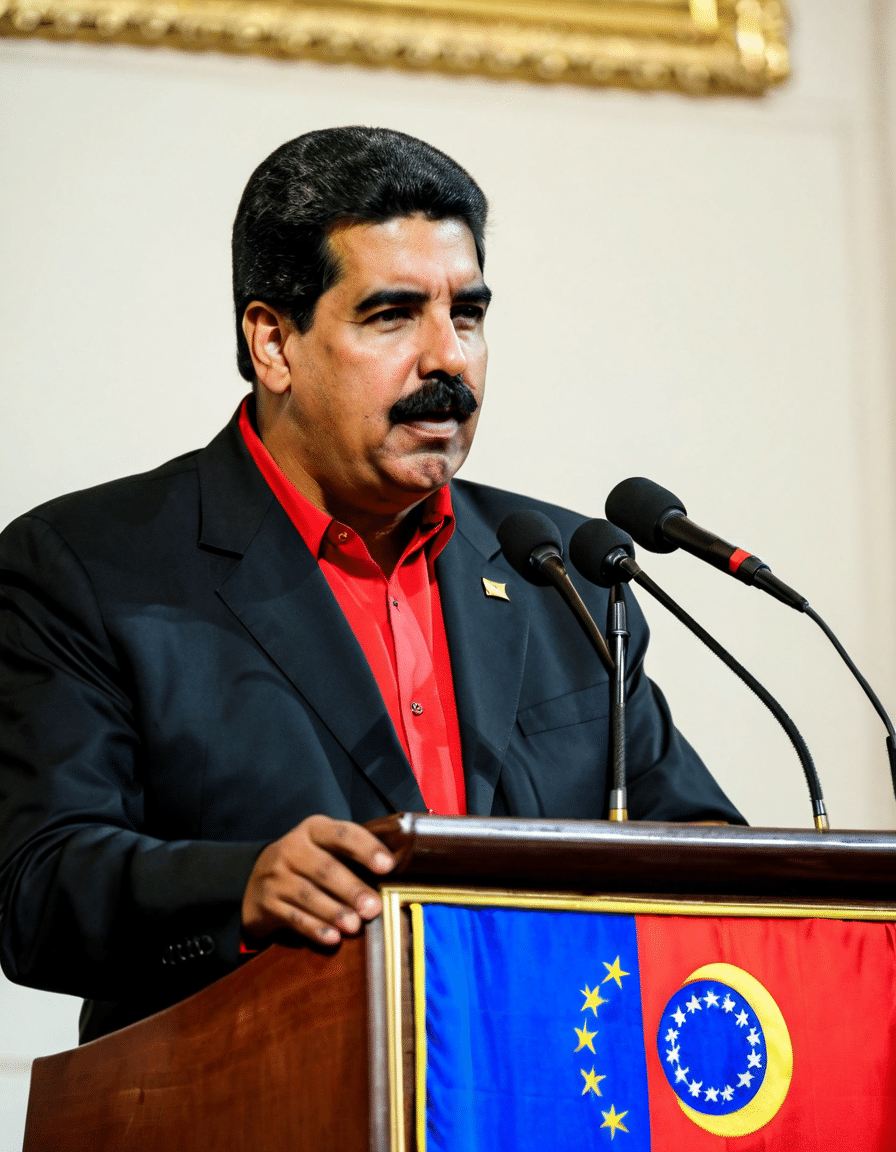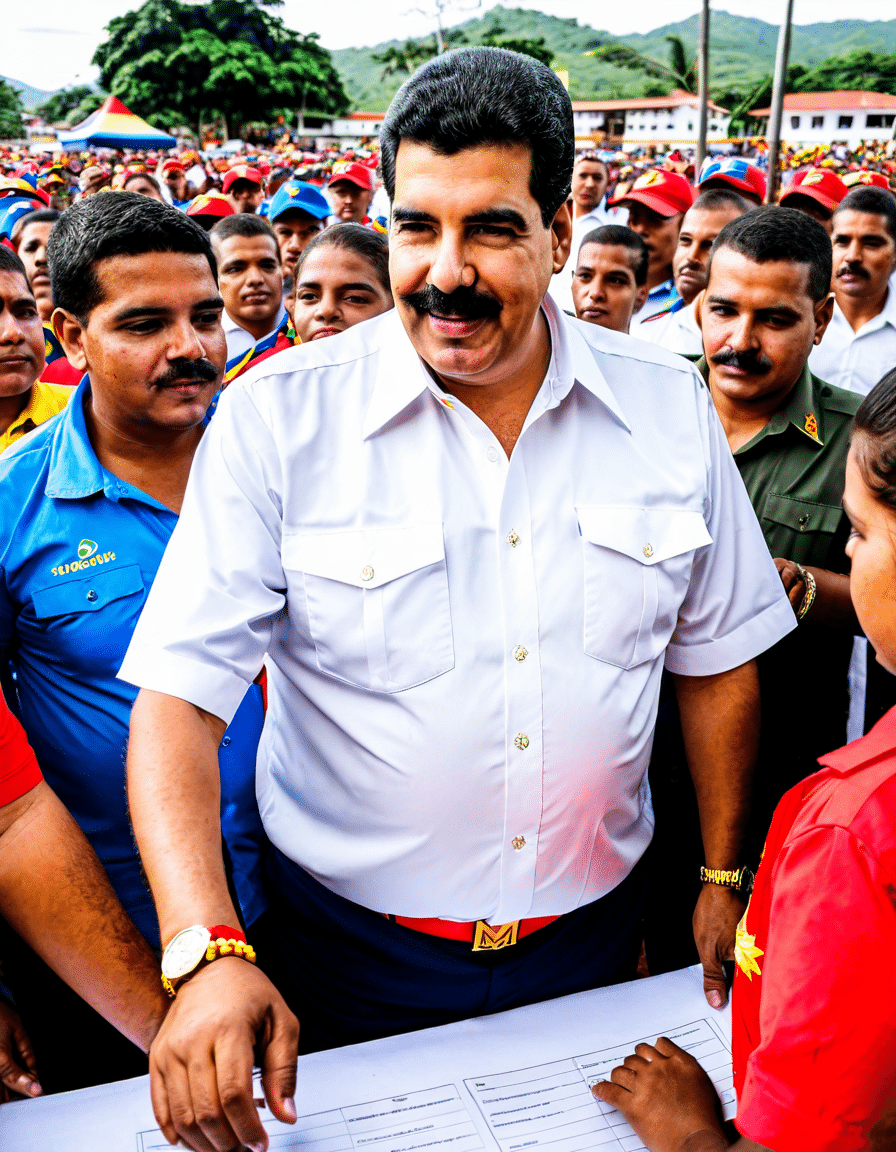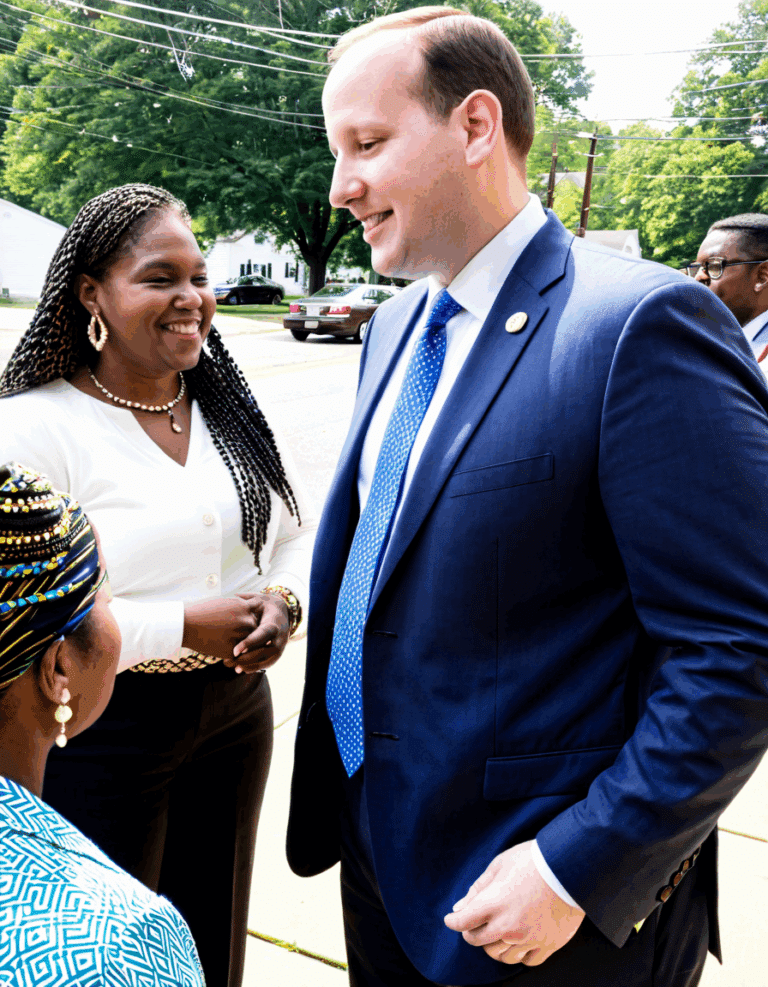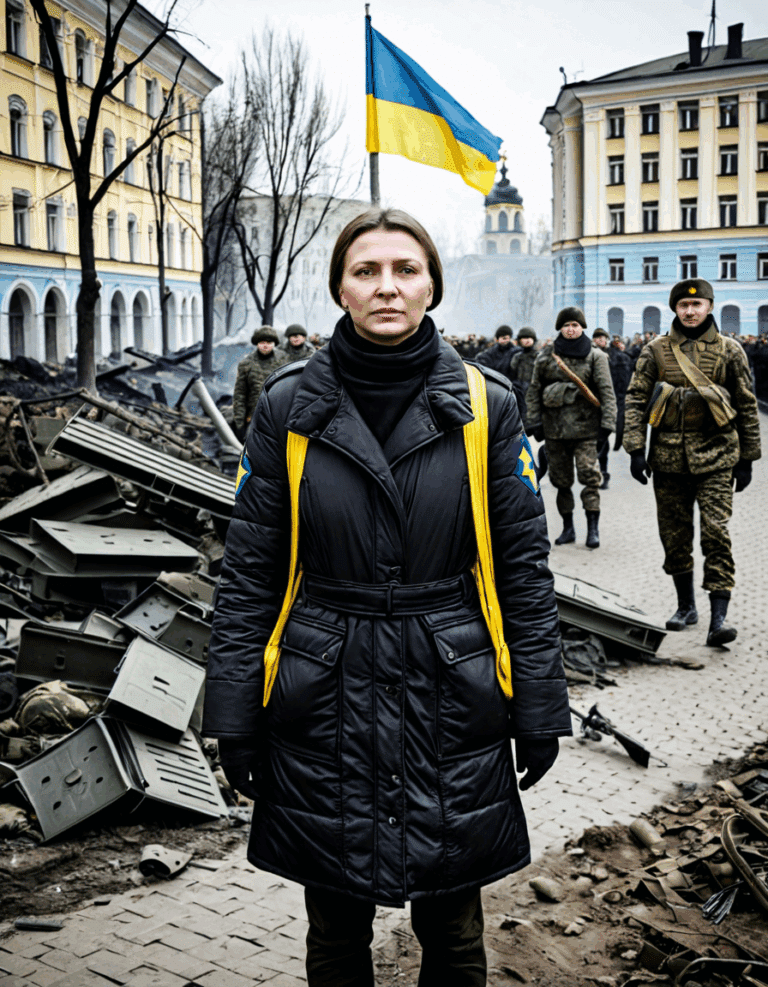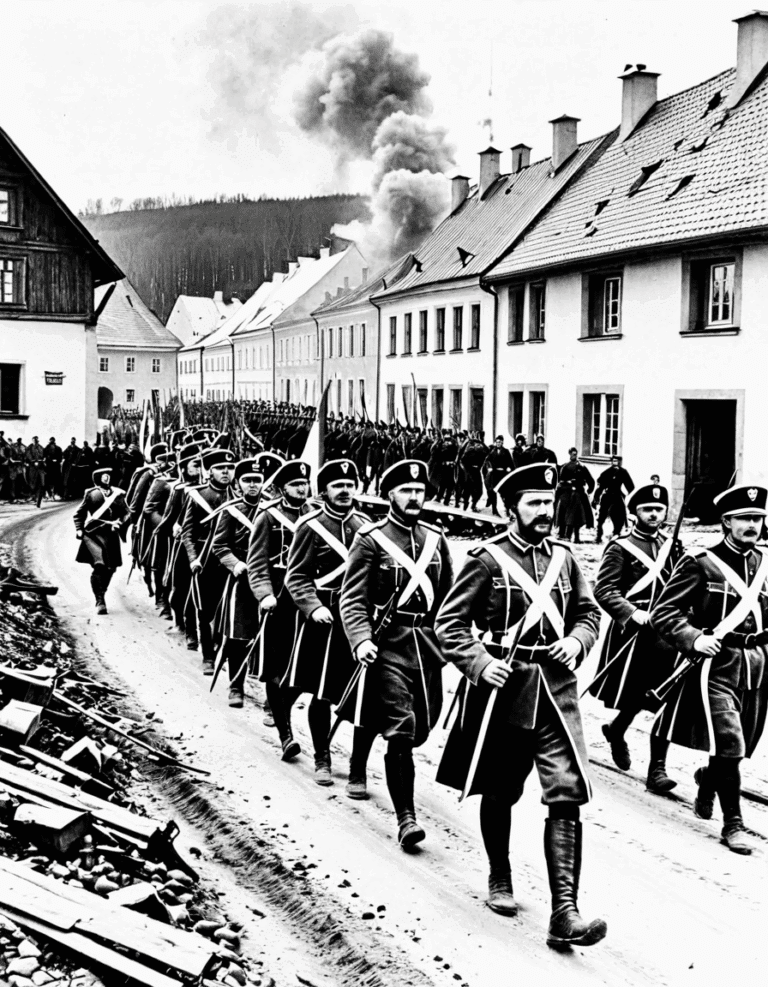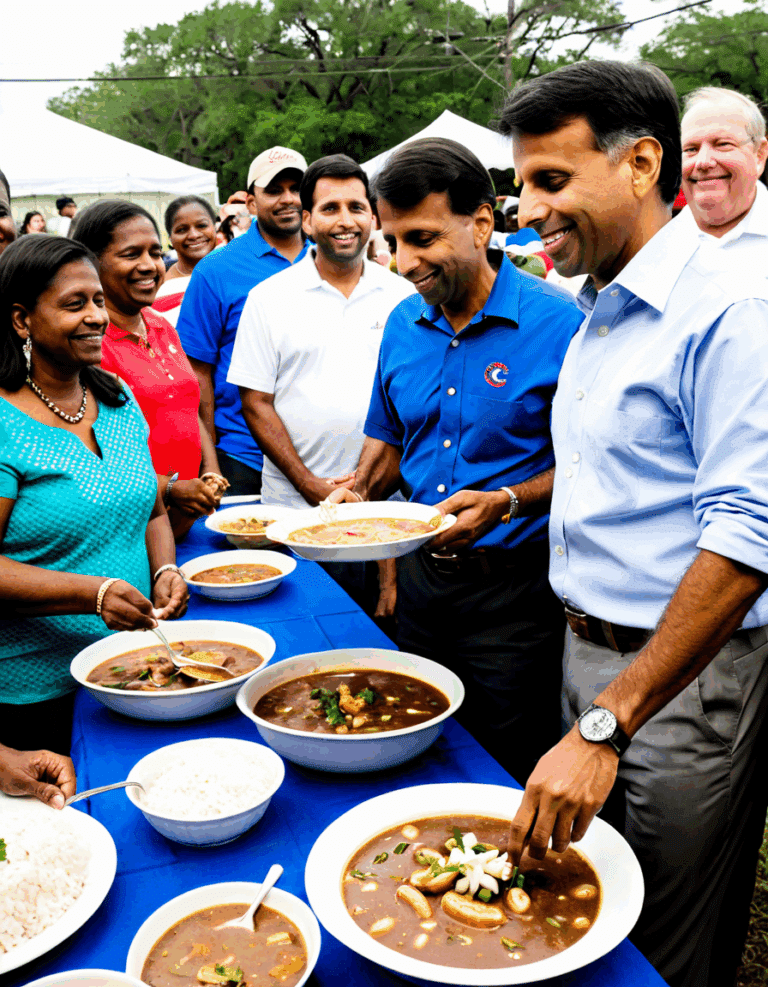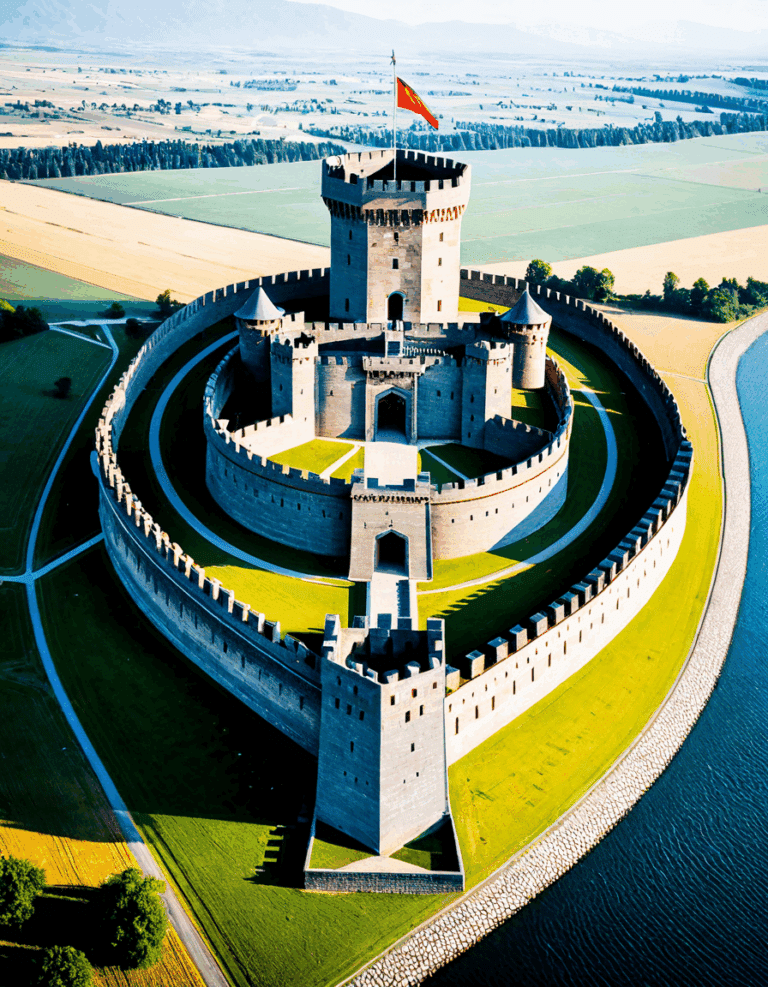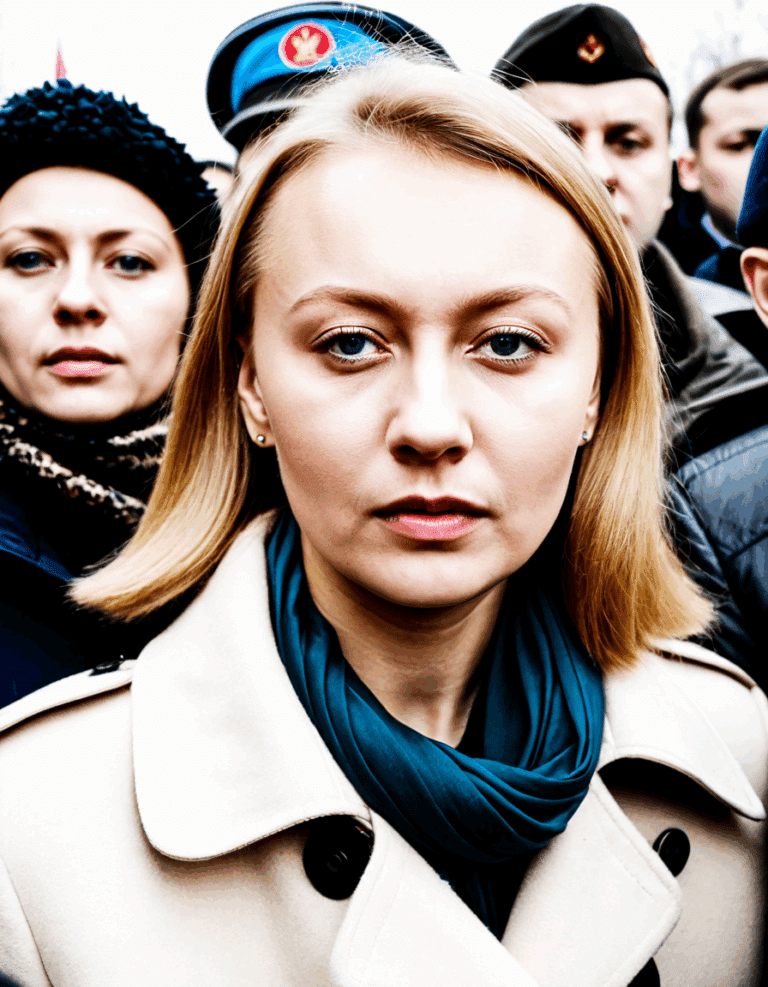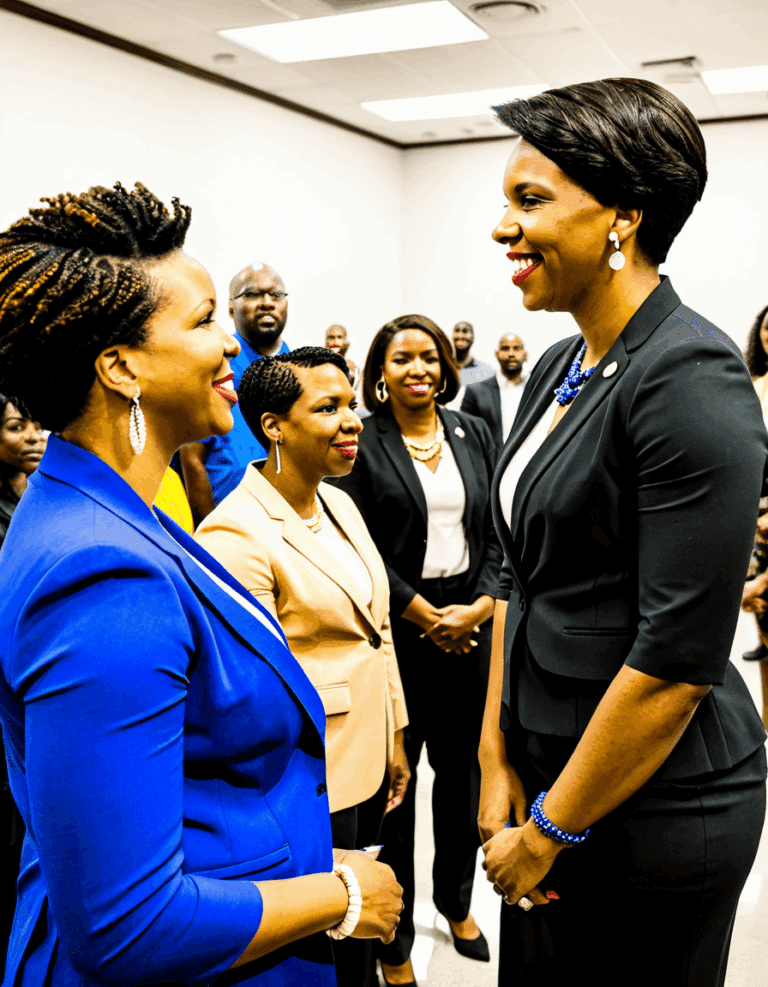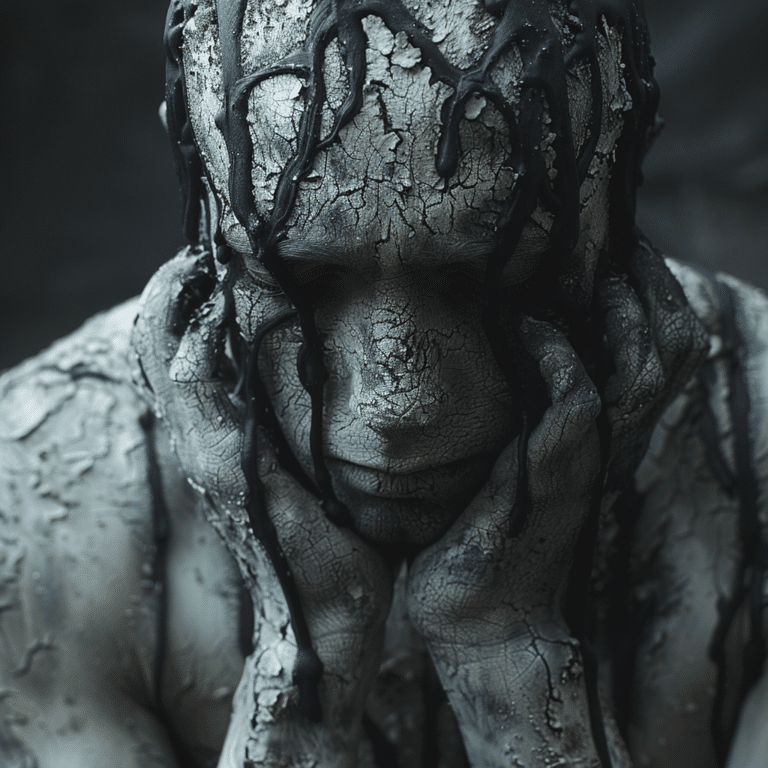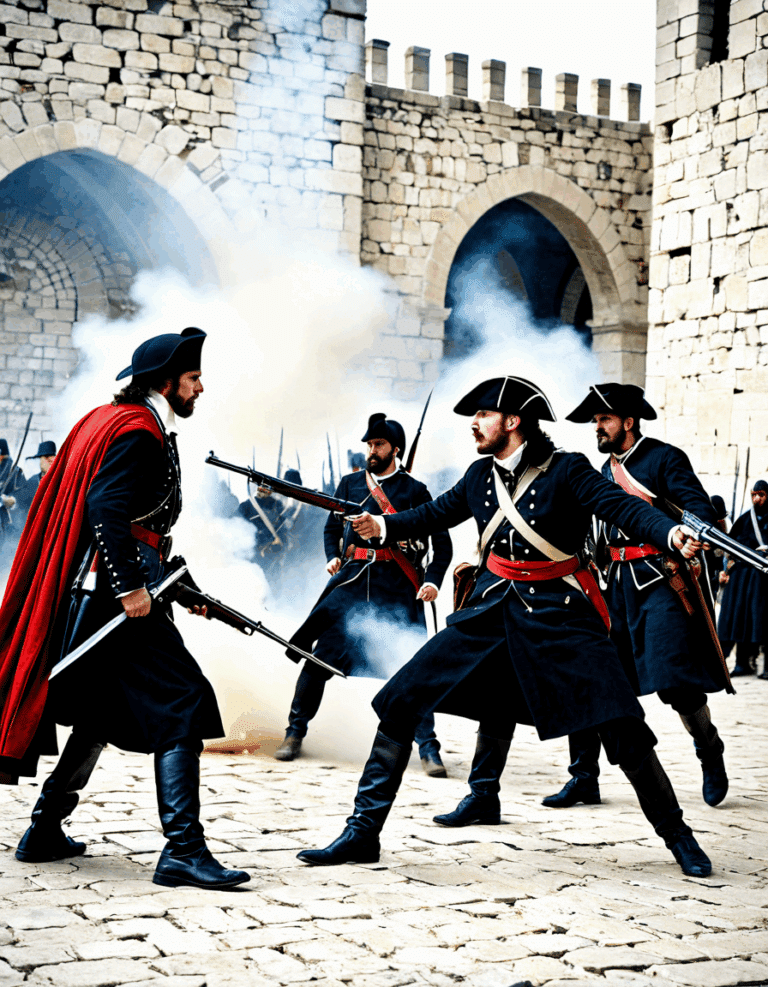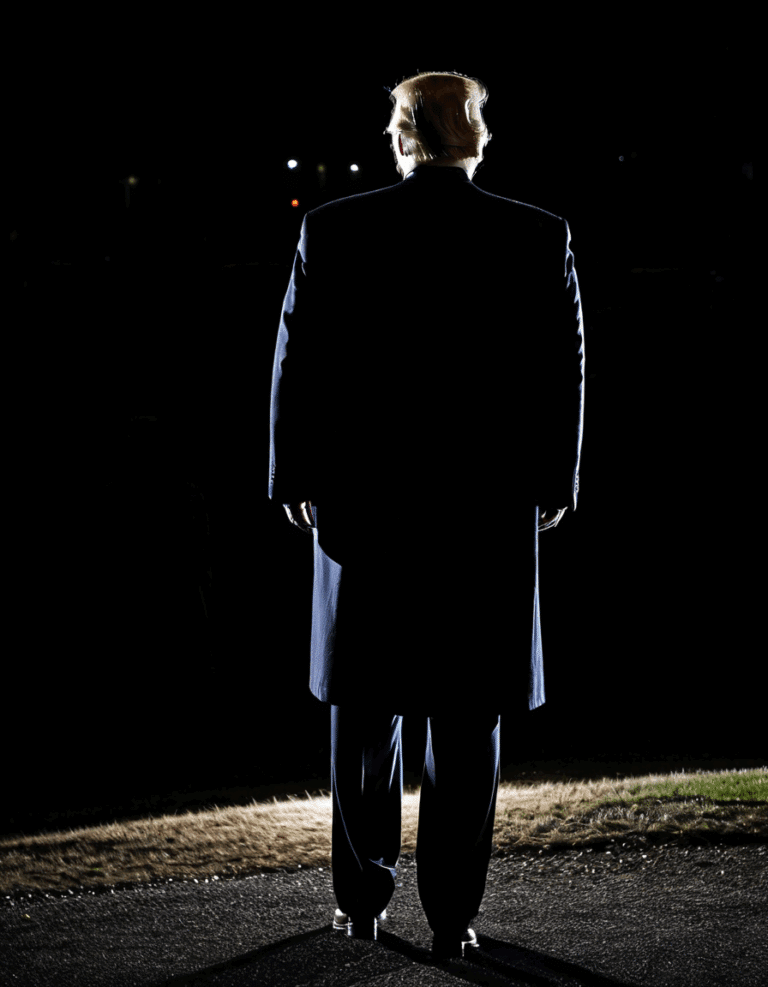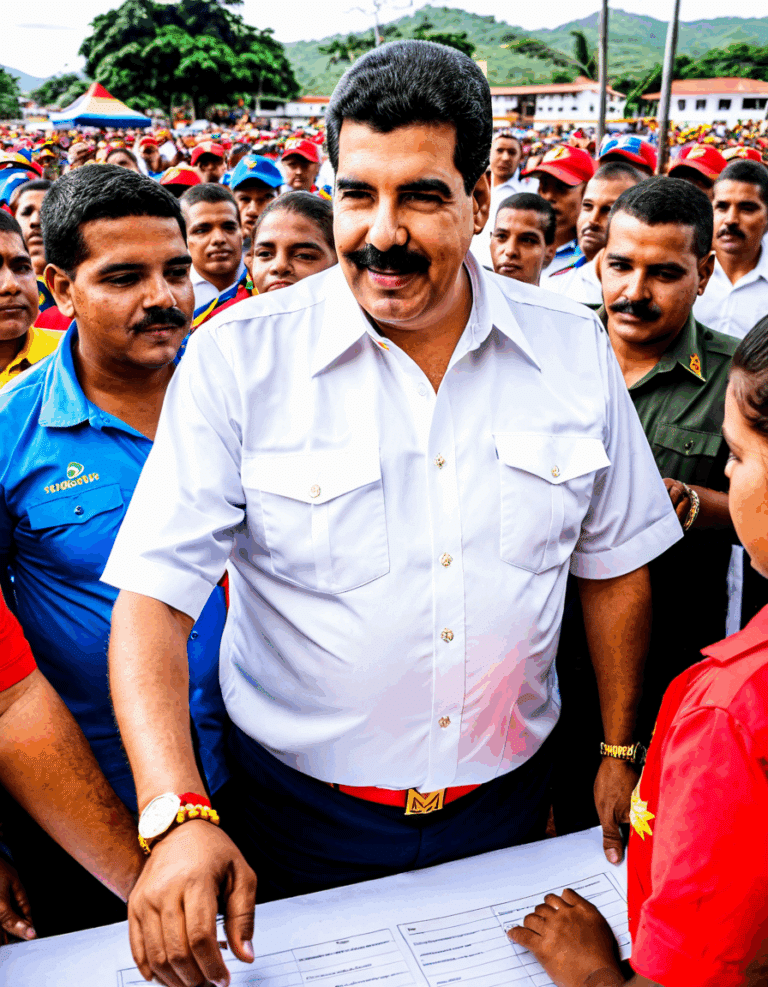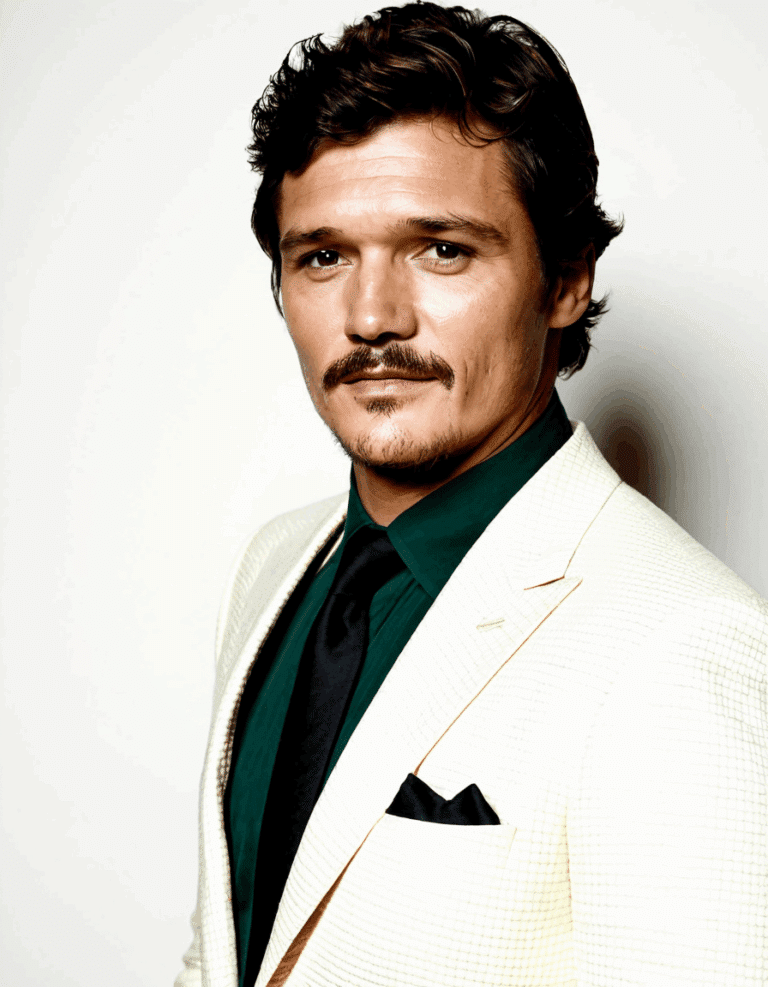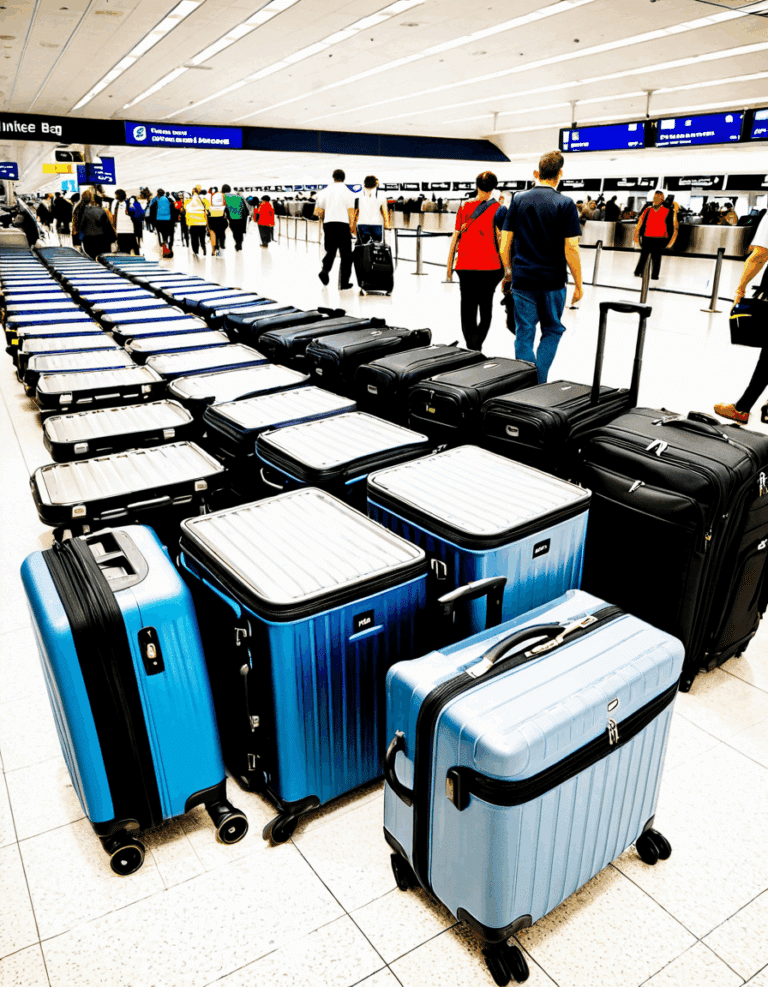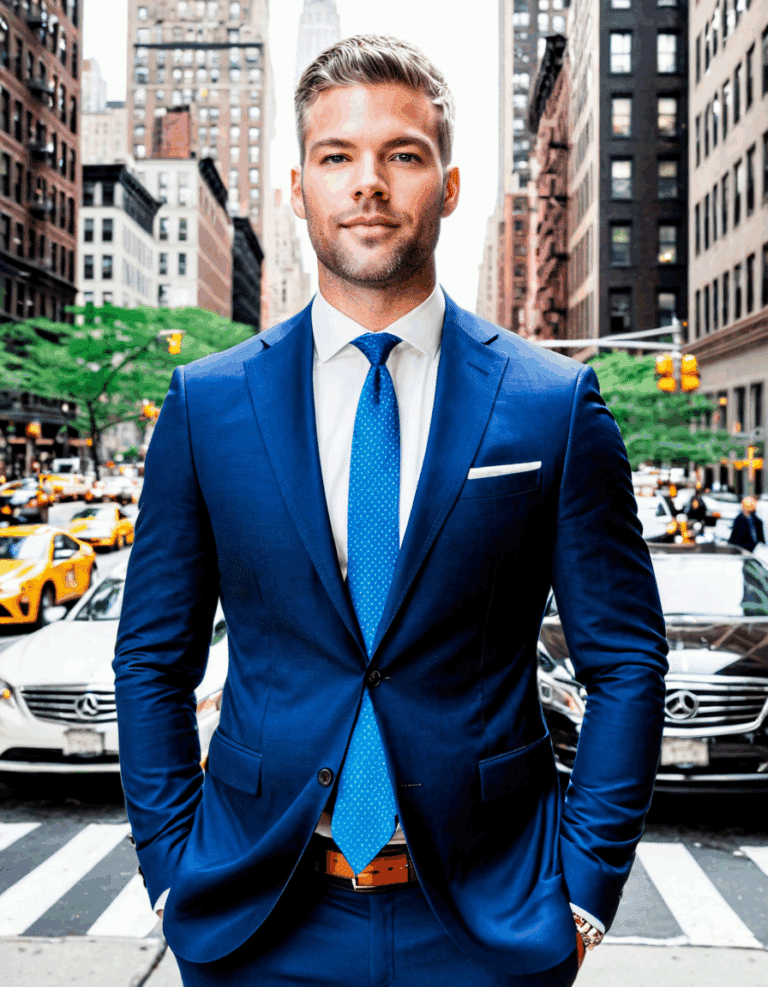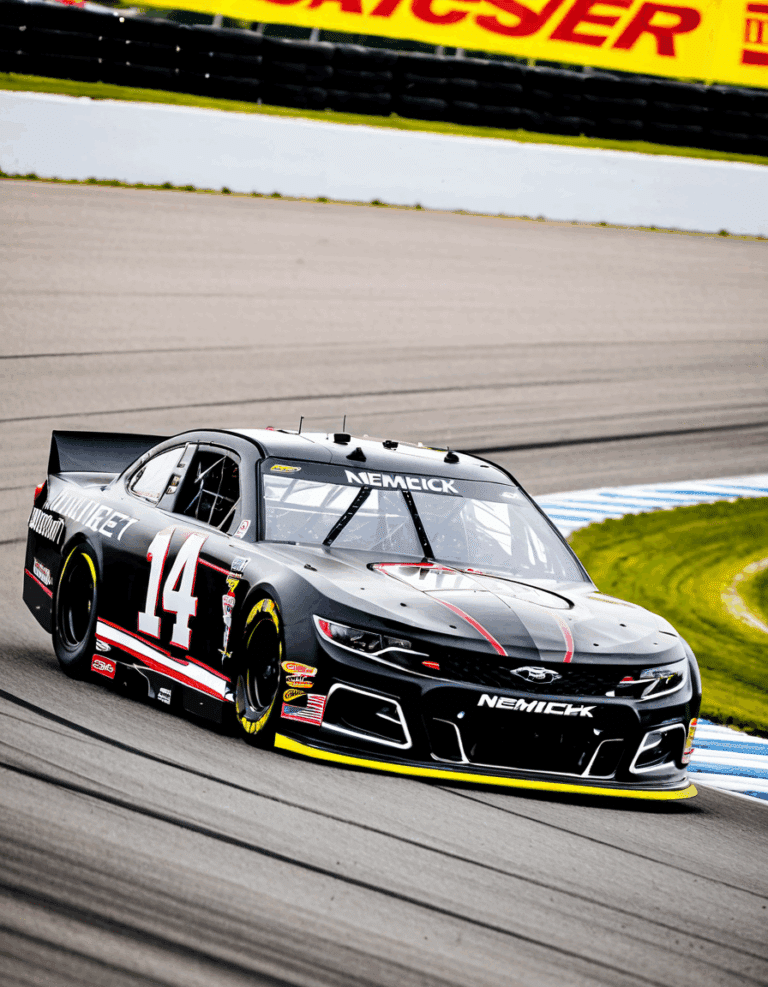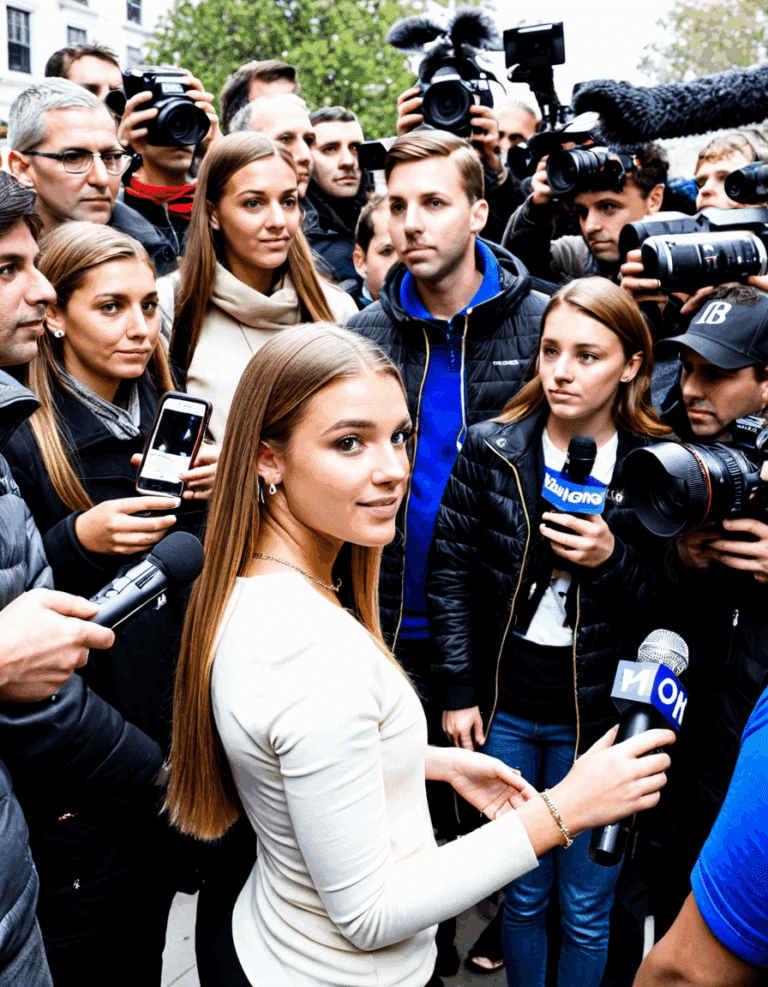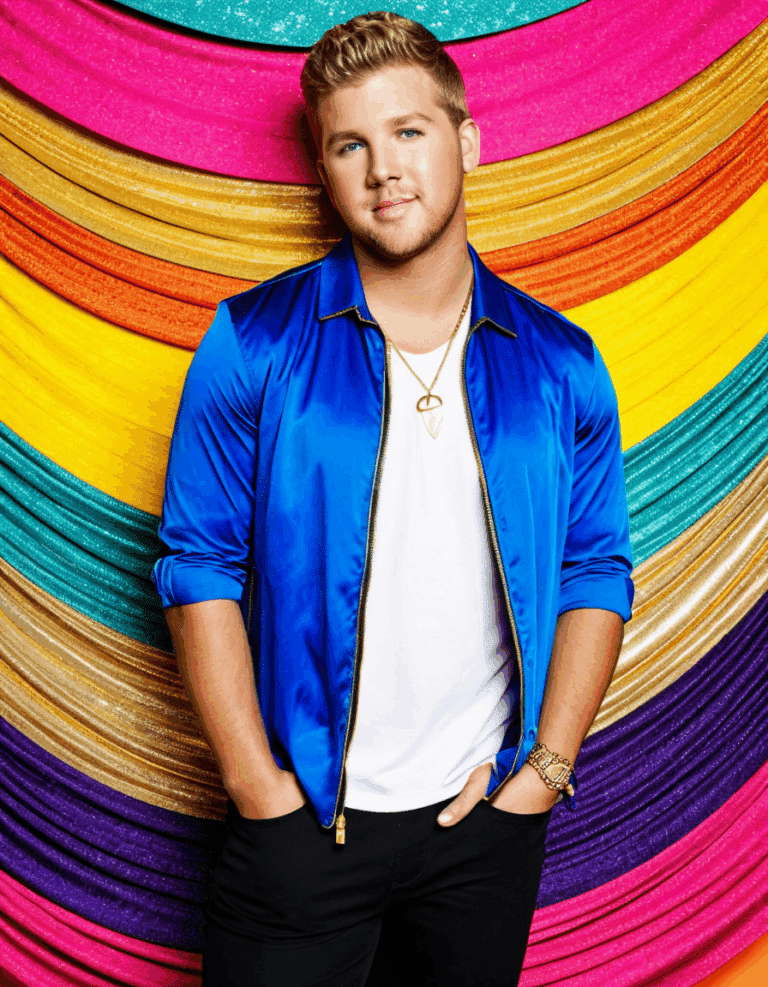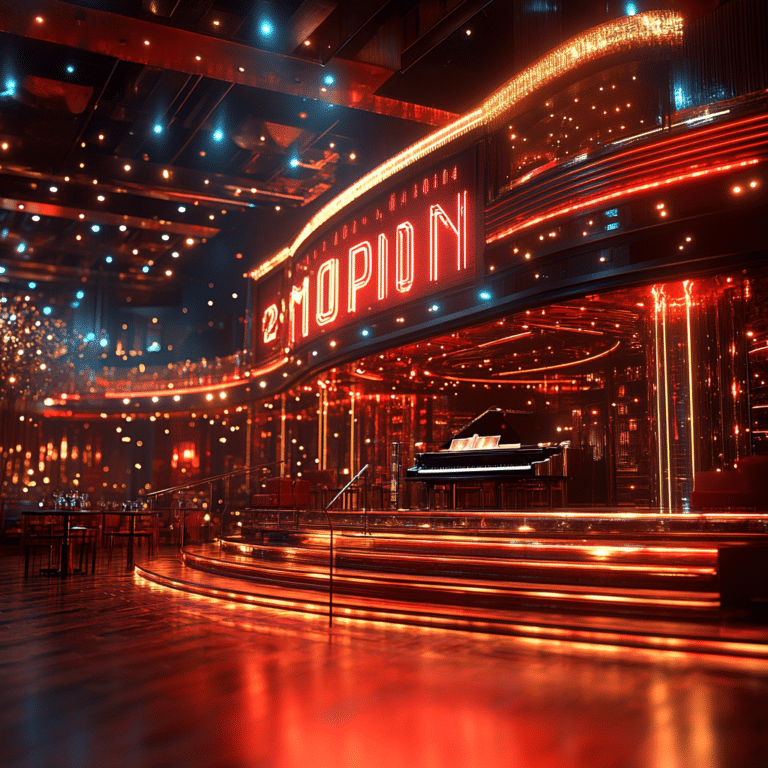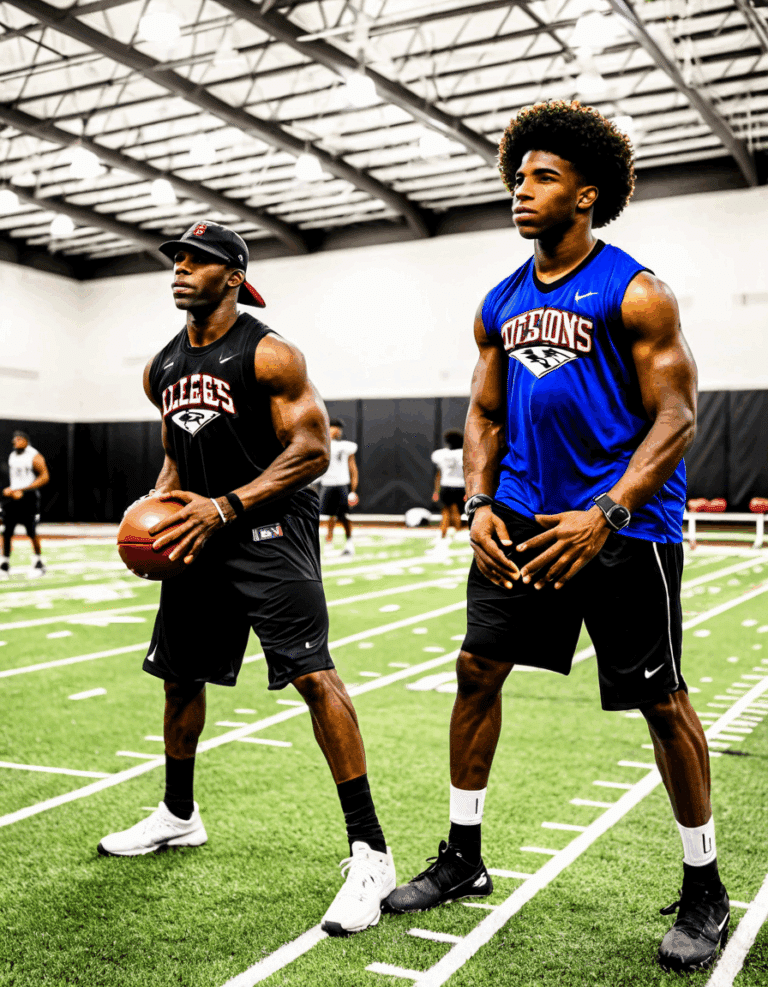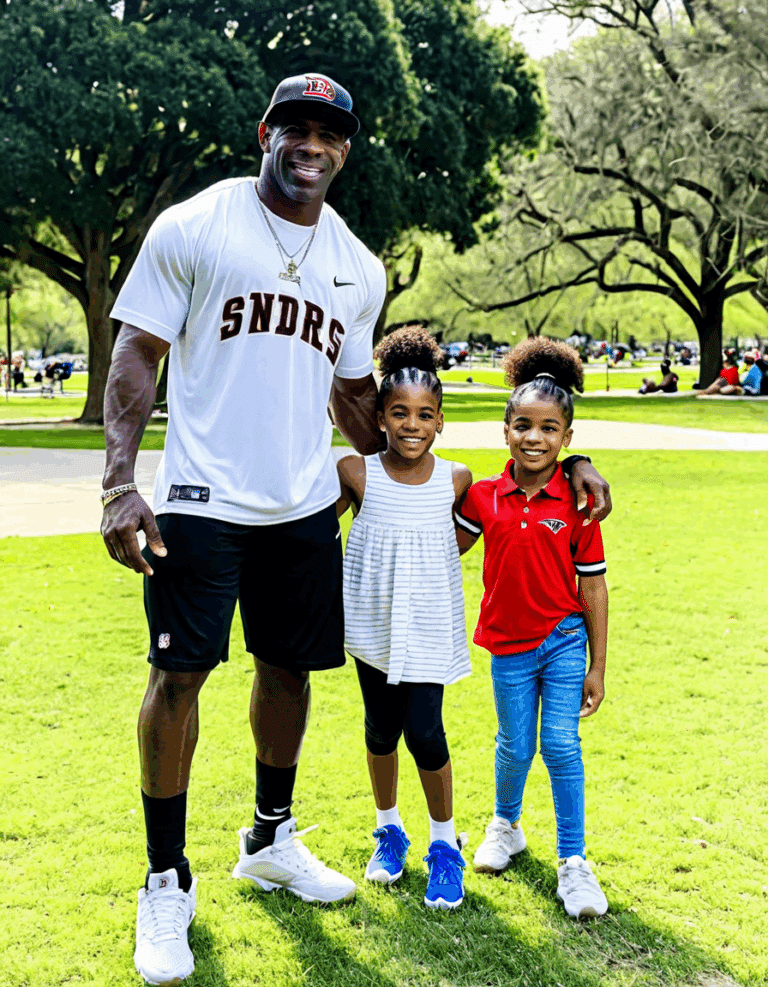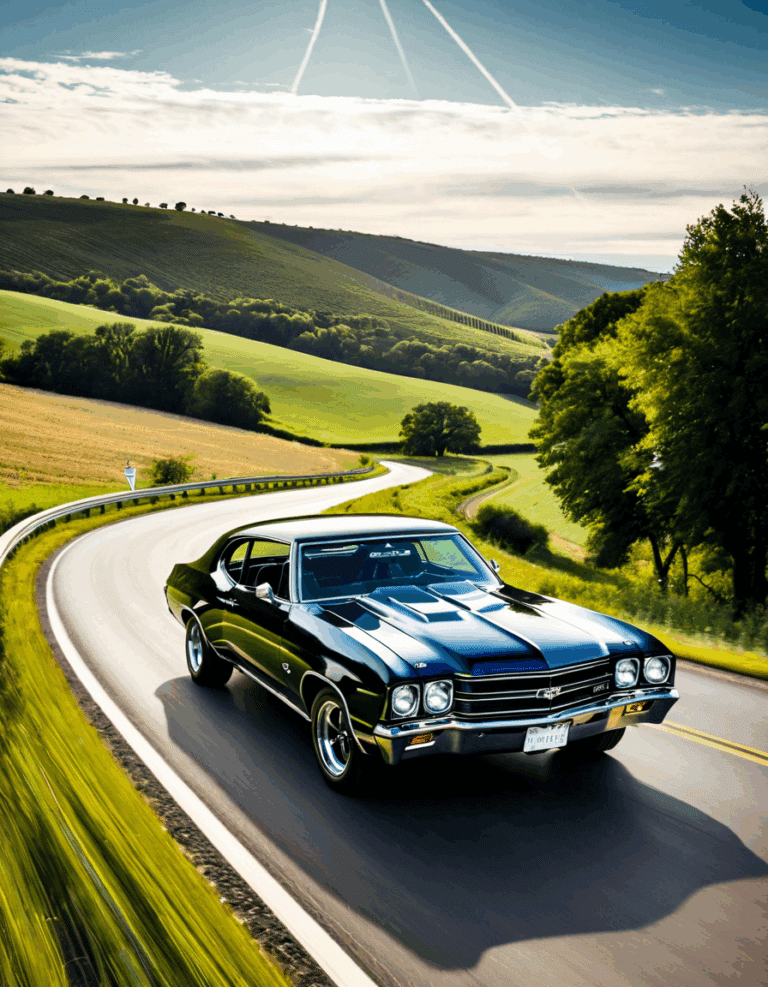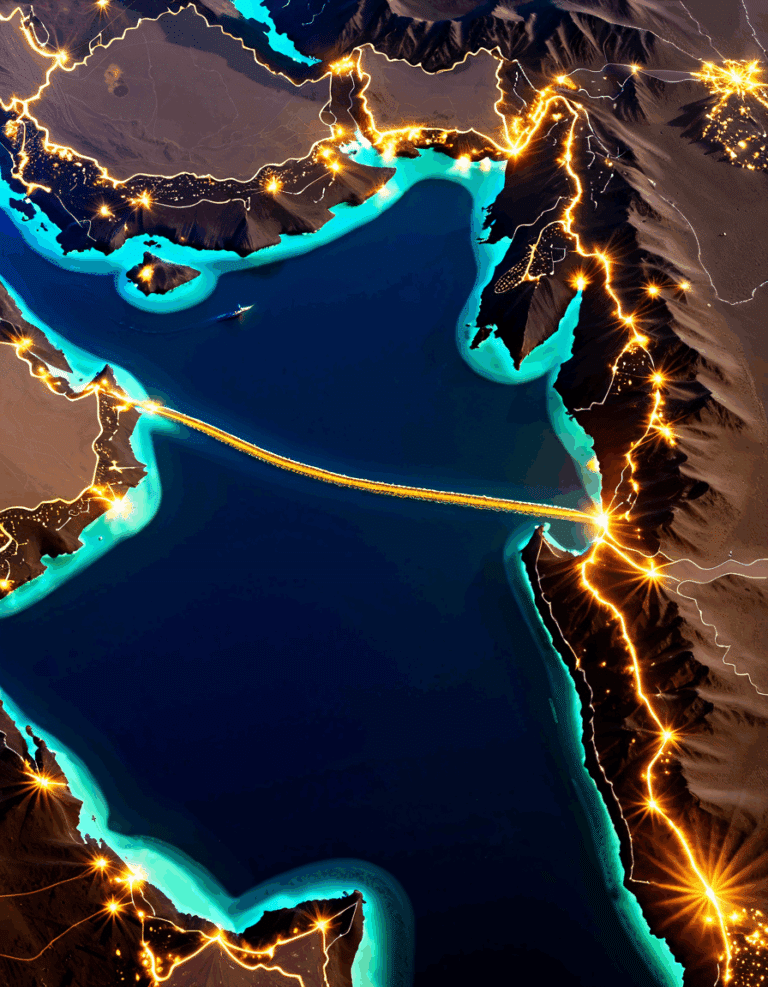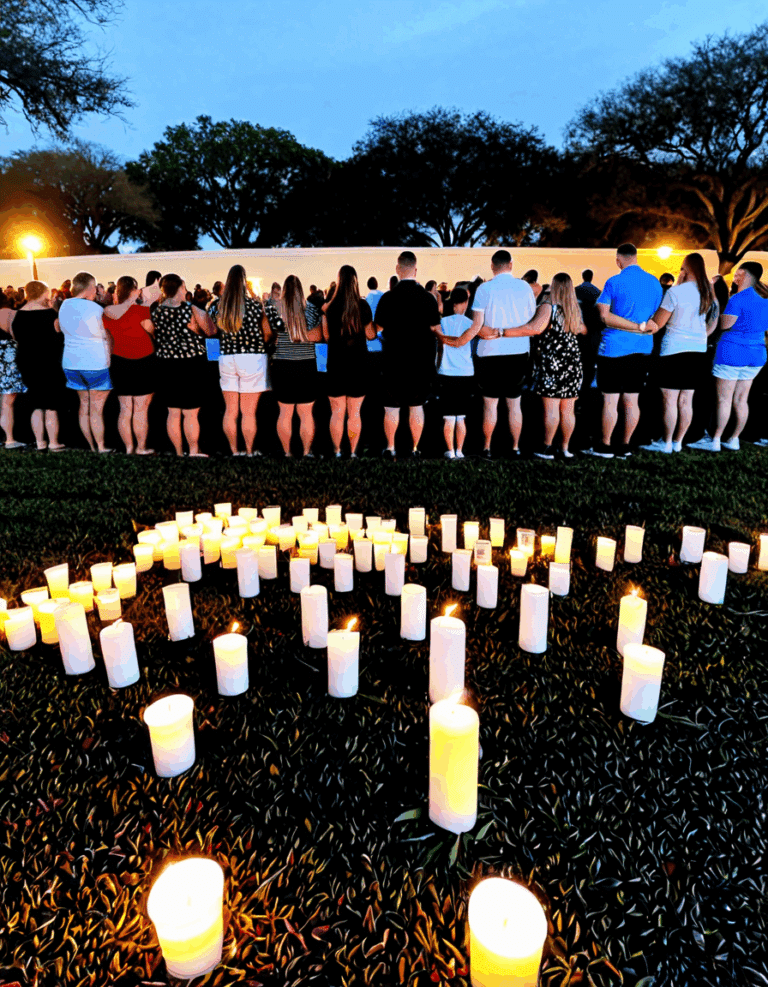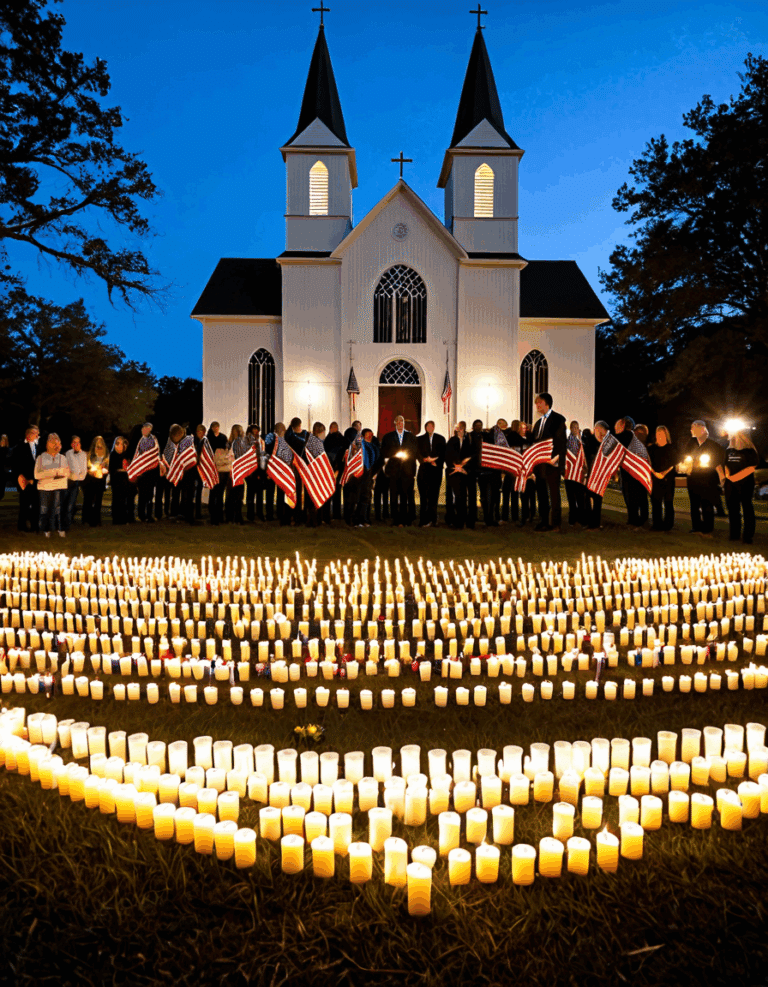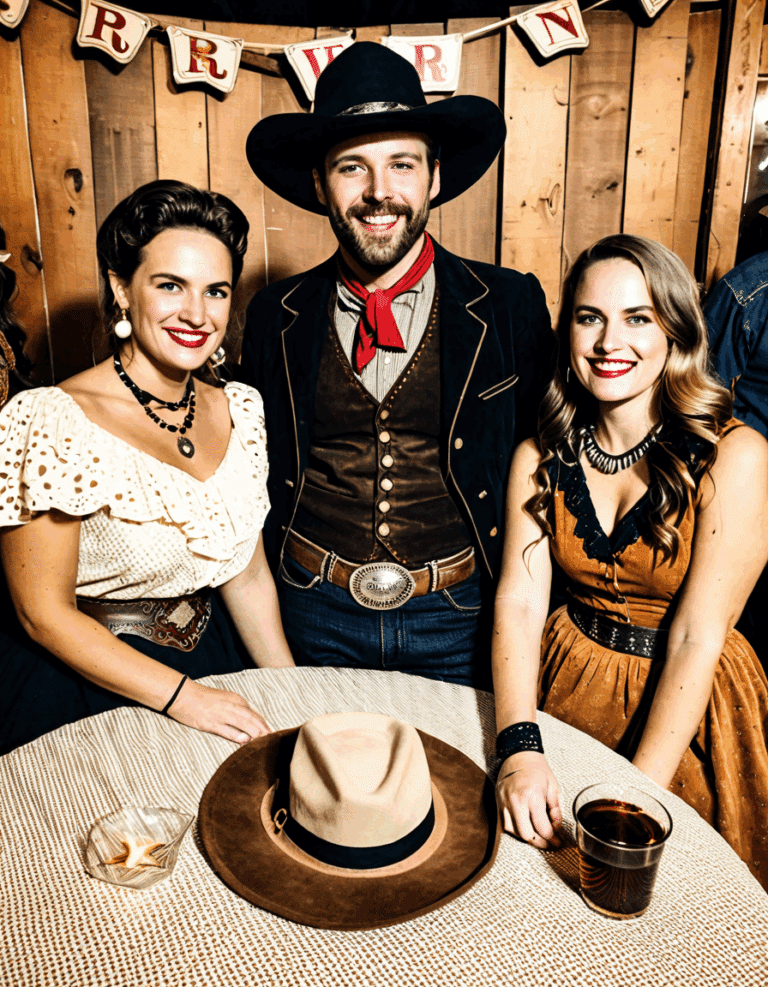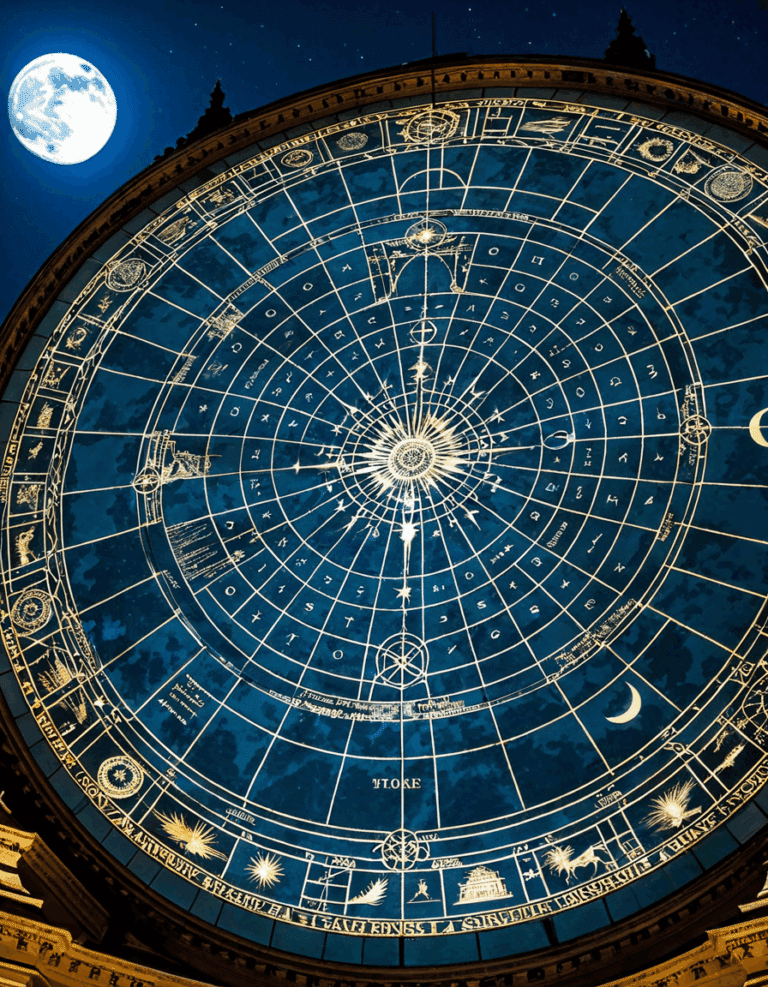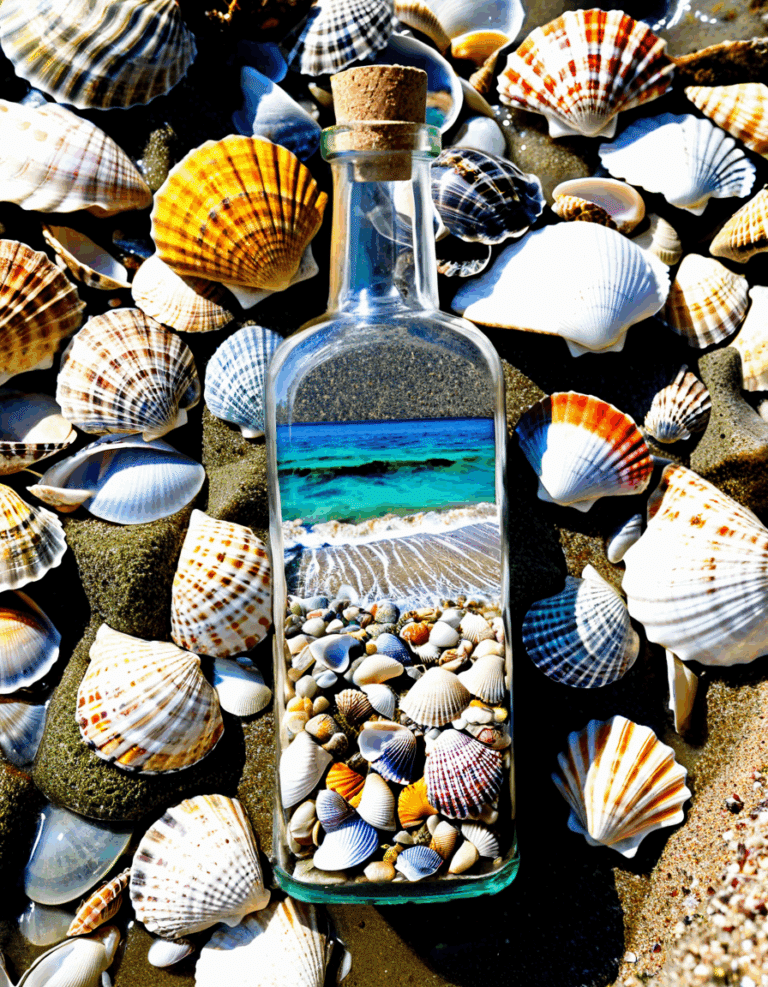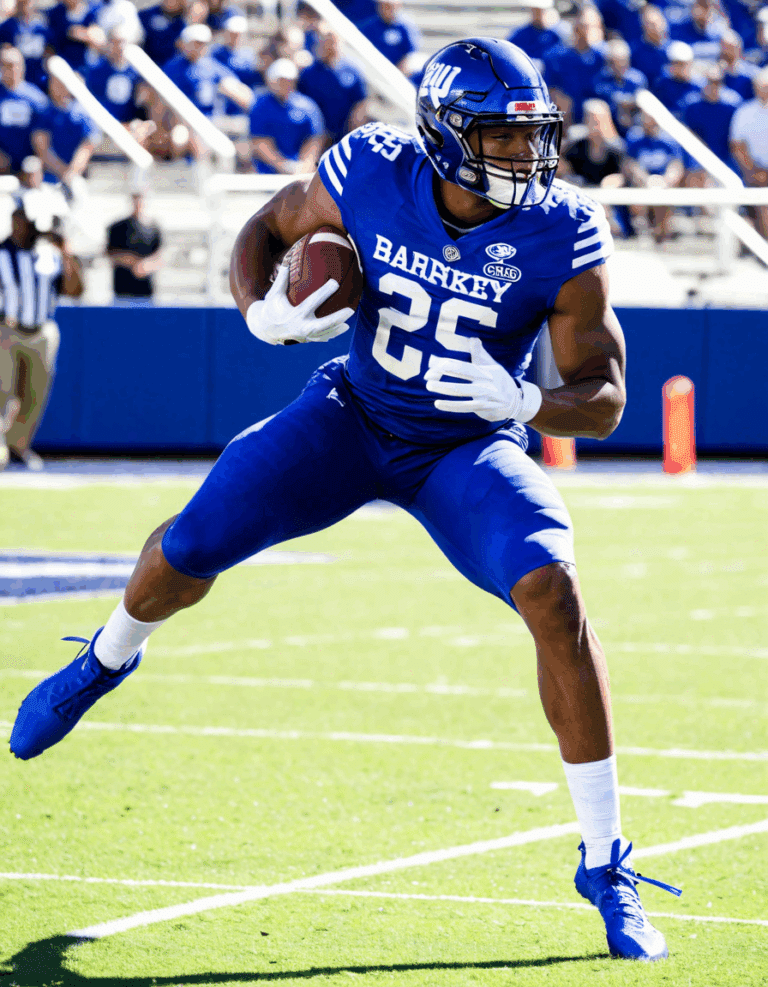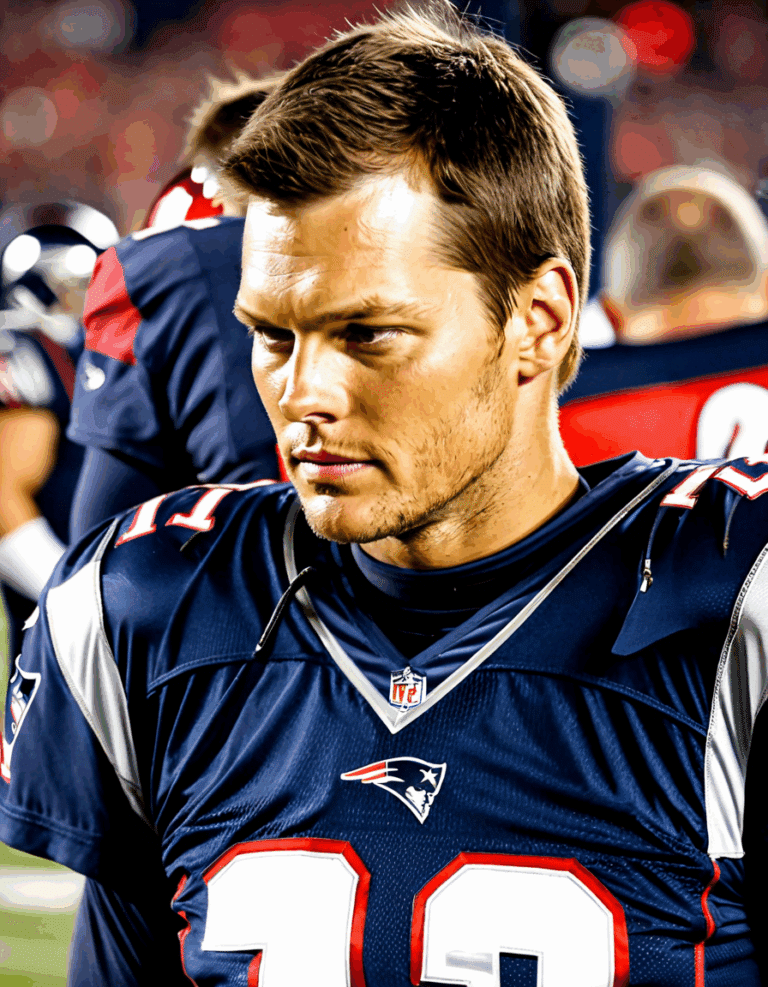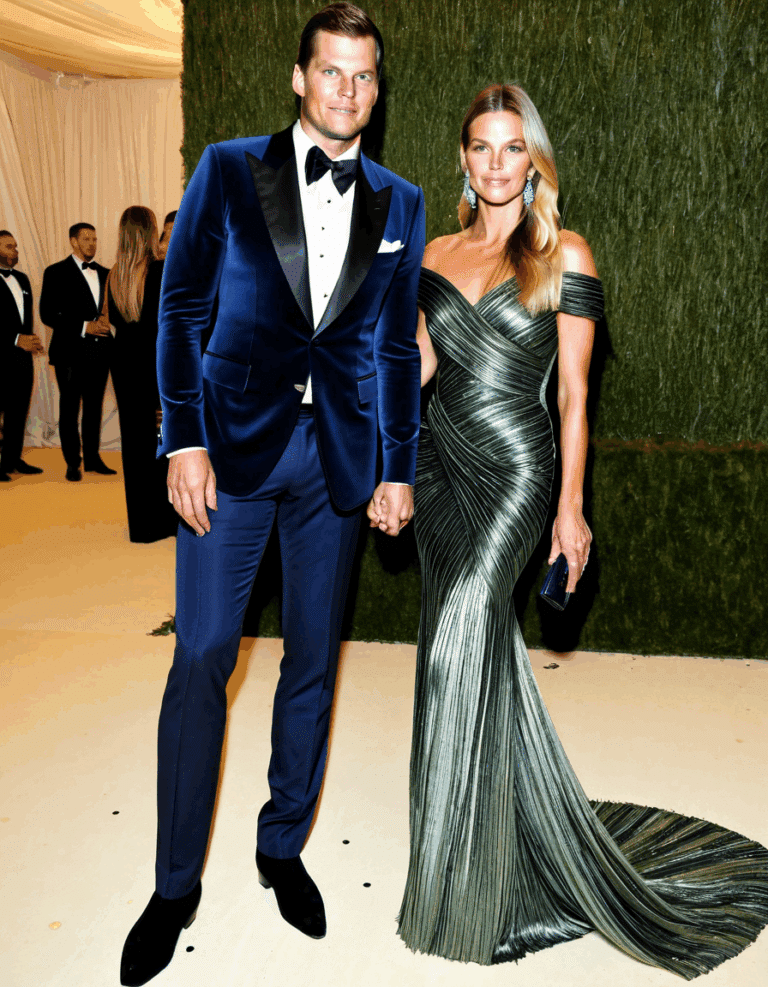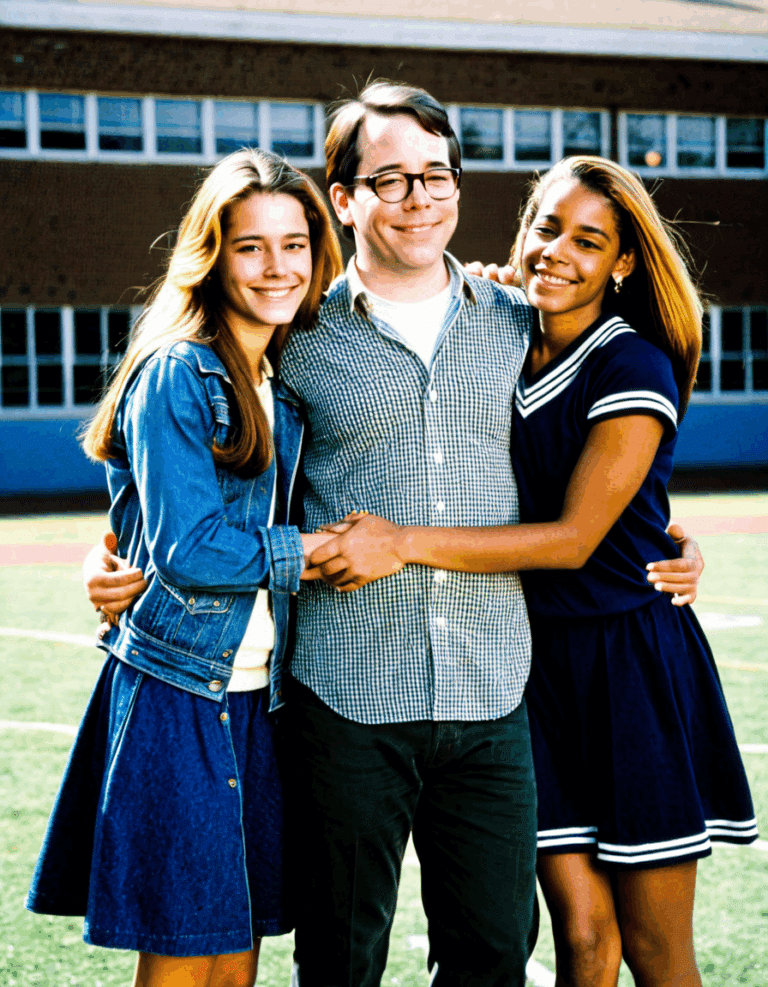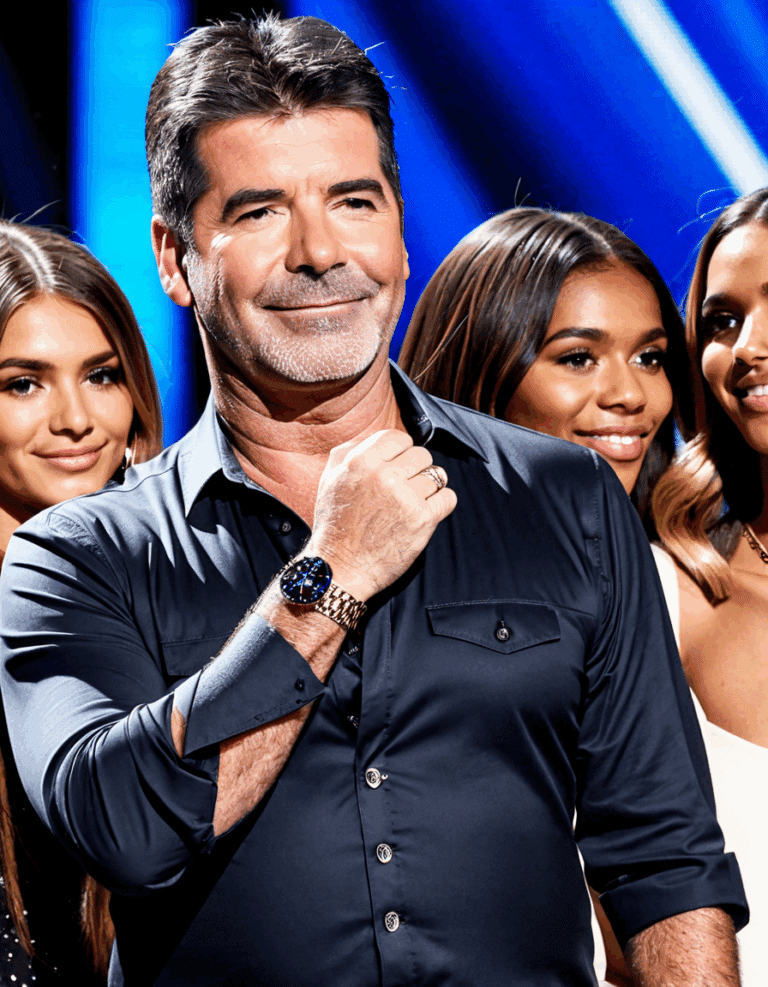Nicolás Maduro has, without a doubt, become one of the most controversial leaders on the global stage. Rising to power in Venezuela following the death of Hugo Chávez in 2013, his presidency has been marked by a series of tumultuous events that have sparked intense debate. Under Maduro’s watch, Venezuela has transformed from a nation once rich with oil resources to a country steeped in economic collapse, social unrest, and political strife. Let’s dive into the intricate backstory behind Maduro’s reign and the impact of his leadership on the Venezuelan populace.
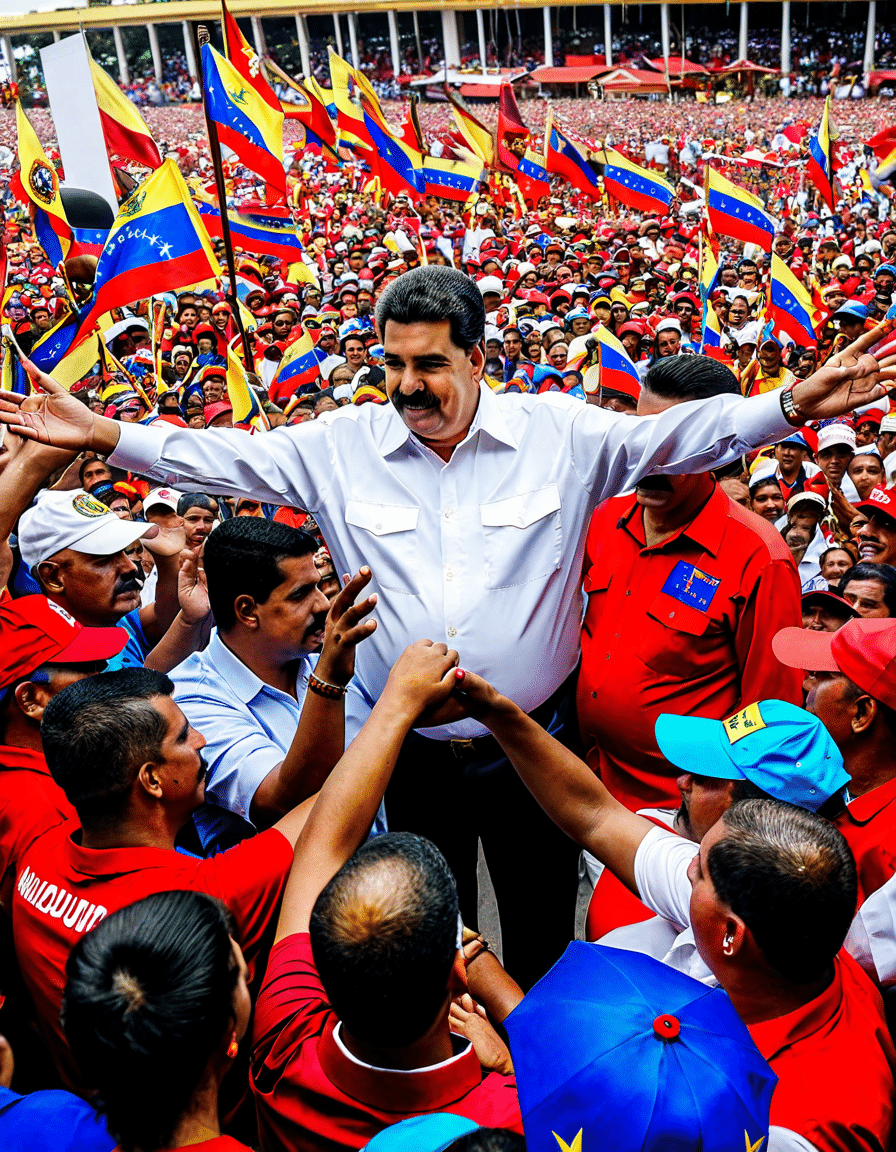
1. The Rise of Nicolás Maduro: A Shifting Landscape
Maduro’s ascent to the presidency came on the heels of a highly charismatic Chávez, who had established a deep-rooted, populist regime. Chávez left behind a legacy that was both venerated and hated, depending on who you asked. Maduro inherited a nation already divided, rife with internal corruption and mismanagement of its oil wealth. He swiftly capitalized on Chávez’s personal brand, but soon, his own reputation faltered as Venezuela’s socio-political fabric began to tear apart.
His approach has leaned heavily on populist rhetoric, pitting the government against perceived enemies, particularly the United States. Yet, it’s the methods he employs that often raise eyebrows internationally—manipulating electoral outcomes and outright silencing dissent. Many Venezuelans sought refuge outside their homeland, fleeing an atmosphere where liberty feels like a distant memory.
In short, Nicolás Maduro’s rise to power doesn’t just illustrate his journey but also reveals a tumultuous chapter in Venezuelan history, with its citizens stuck in turbulent waters, searching for a lifeline.
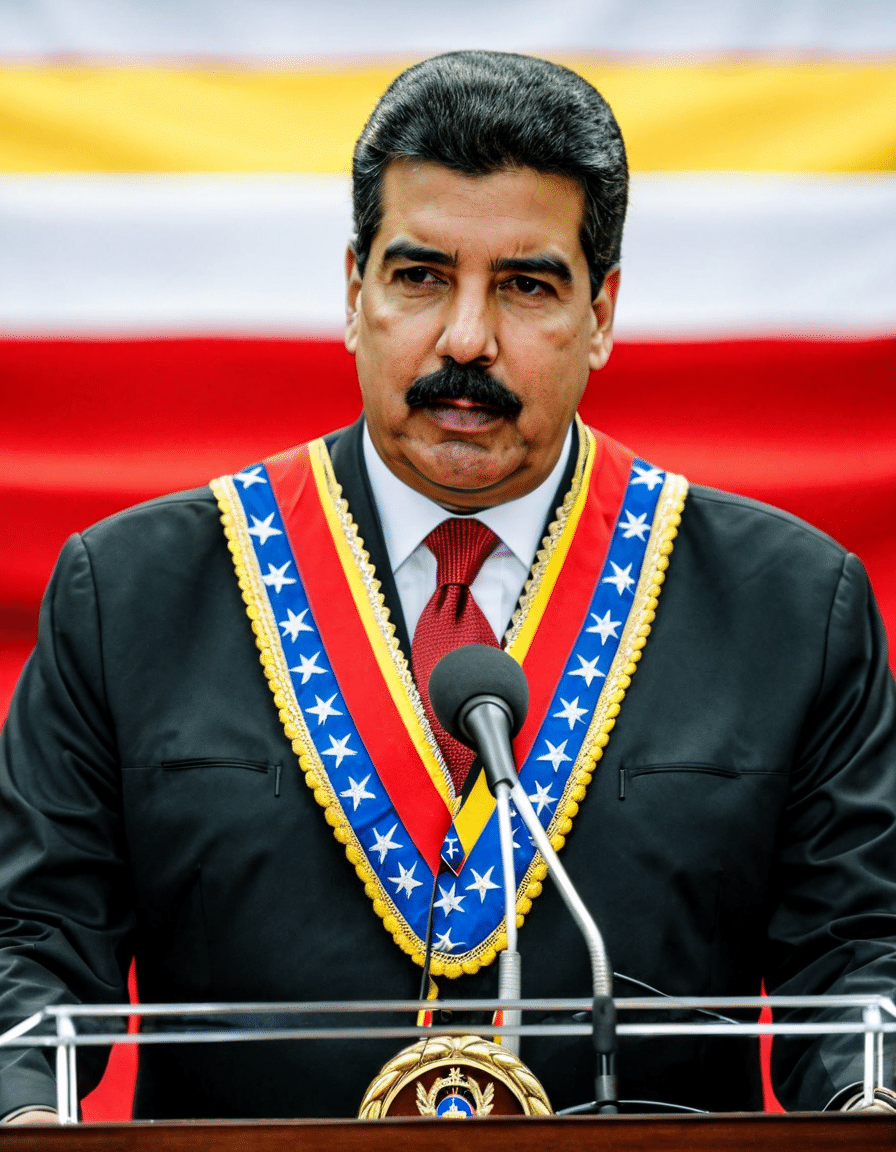
2. Five Reasons Nicolás Maduro’s Leadership Is Divisive
2.1. Authoritarian Governance
If there’s one consistent critique of Nicolás Maduro, it’s his undeniable shift towards authoritarianism. Rather than fostering a thriving democracy, his actions have signaled the systematic sidelining of opposition leaders. Election manipulation has become commonplace, as seen in the 2020 parliamentary elections where opposition parties were barred from participating. Year after year, this climate of fear has compelled many Venezuelans to leave their homes and seek refuge in countries that value personal freedoms and democratic integrity.
2.2. Economic Collapse and Hyperinflation
Maduro’s leadership is devastated by the catastrophic economic decline his country is enduring. Venezuela’s economy faced hyperinflation peaking at over 3 million percent in 2019. This was not merely a product of external sanctions but was significantly compounded by internal, reckless mismanagement of resources. As this crisis erupted, millions sank deeper into poverty, marking one of the most catastrophic economic collapses in modern history.
Public protests have become a near-constant form of expression for a population grieving for a once-thriving economy. Citizens have taken to the streets, demanding real change and accountability from a government that seems more focused on staying in power than addressing their day-to-day struggles.
2.3. Human Rights Violations
Nicolás Maduro’s government is under heavy scrutiny for its profound human rights violations. Reports from organizations like Amnesty International have documented excessive force against protestors, making it horrifyingly clear that the regime won’t hesitate to silence dissent through violence. Arbitrary detentions and severe torture in prisons reveal the harsh realities faced by those who dare to oppose the government.
These actions have attracted not just national backlash but also widespread international condemnation, leading to numerous sanctions aimed at holding Maduro accountable for his oppressive administration.
2.4. Geopolitical Alliances
One of the fascinating aspects of Nicolás Maduro’s tenure is his ability to forge alliances with nations that share his anti-American sentiments. Countries like Russia and China have become bedfellows with Caracas, providing military support and economic lifelines. This support is pivotal amidst criticisms and sanctions from Western nations.
Such geopolitical maneuvers complicate any international discourse surrounding the crisis in Venezuela. With the backing of these nations, Maduro continues to deflect pressures from the United States and its allies, asserting that intervention might threaten Venezuelan sovereignty.
2.5. The Role of Nationalism in His Leadership Style
Maduro often decorates his speeches with fervent nationalist rhetoric, branding himself as the ultimate defender of Venezuelan sovereignty against supposed foreign aggression. This narrative tends to resonate with a portion of the population that feels threatened by external forces. Despite widespread economic hardship, his appeals to patriotism aim to unite a fragmented society under the flag of nationalism.
By positioning himself as a figure fighting imperialism, he deflects criticism while consolidating support among his base. This strategy has allowed Maduro to maintain a grip on power, even as the nation suffers immensely.
3. Nicolás Maduro vs. The Opposition: A Tug-of-War
The battle for Venezuelan hearts and minds has transformed into a serious tug-of-war, featuring a prominent opposition figure, Juan Guaidó. Guaidó boldly declared himself interim president in 2019, a symbolic act met with both admiration and skepticism. While the international community, including the United States, rallied behind Guaidó, the disorganization within opposition ranks has often hampered their efforts to displace Maduro.
Maduro’s regime, aware of its vulnerabilities, has cracked down severely on dissent, augmenting its military and police presence. The ongoing conflict has not only captivated the Venezuelan people but also caught the attention of global powers, each vying for their interests in the outcome of this power struggle.
It’s a reflection of a broader ideological battle, where the desire for democratic governance clashes head-on with authoritarian governance. As the world watches, it remains to be seen which side will ultimately prevail in this fight for Venezuela’s future.
4. Figures in Sports and Entertainment: Cultural Reflections of Venezuelan Leadership
Venezuelan culture, from sports to entertainment, often mirrors the realities faced under Maduro’s rule. Figures like MLB superstar José Altuve represent a glimmer of hope; they shine against the backdrop of economic despair. Their successes, while commendable, highlight the stark contrast and pain of a nation grappling with hardship.
In the world of entertainment, reactions from notable figures, like Olivier Martinez, serve to amplify the voices of the oppressed. Their statements resonate, echoing sentiments of frustration and longing for better days in a country that once thrived but now finds itself mired in crisis.
The cultural response to Maduro’s leadership continues to evolve, intertwining sports and celebrity narratives with the political landscape—a dynamic portrayal of a society longing for change and betterment.
5. Future Prospects: What Lies Ahead for Nicolás Maduro and Venezuela?
As we look toward 2026, the future of Nicolás Maduro remains clouded in uncertainty. Despite attempts at reform, economic stability feels like a distant dream, with relief efforts stunted by ongoing tensions. Young leaders and athletes like Manny Machado and Jarren Duran might illuminate paths of inspiration for their fellow citizens. Their growing influence could very well inspire a new generation seeking change.
The looming question is whether Maduro can escape the pressures both internally and from external adversaries. As political and social dramas unfold, the desire for a stable, democratic Venezuela persists.
Currently, hope flickers like a candle in the dark, symbolizing a struggle resilient against the backdrop of despair. Ultimately, Nicolás Maduro’s legacy will hinge not just on his tactics but also on the spirit of the Venezuelan people yearning for a brighter future free from turmoil.
Nicolás Maduro: The Controversial Leader of Venezuela
Did You Know?
Nicolás Maduro, often a divisive figure on the political stage, has an unusual background that adds a layer of intrigue to his leadership. Before entering politics, Maduro was a bus driver and a union leader, paving his way through the ranks of the Venezuelan political landscape. A fascinating tidbit for movie buffs: there’s a new film, Gladiator II, that’s been generating buzz, touching on themes of power, loyalty, and legacy, much like the narrative surrounding Nicolás Maduro’s rise to power in Venezuela.
Maduro’s ways of governance have been compared to various characters in pop culture. For instance, you might think of Pedro Pascal, famed for his role in Game of Thrones; much like the political intrigue in the series, Maduro’s tenure is fraught with unpredictable twists and turns. The tension in Venezuela mirrors that of a dramatic screenplay, where real lives hang in the balance, not unlike the stakes faced by characters like Joe the Plumber, whose life story captured the attention of many.
Culture and Controversy
While Nicolás Maduro is better known for his political strife, did you know he has a flair for the dramatic? His speeches often echo the theatricality found in events like fashion displays, drawing comparisons with the buzz around the Skims nipple bra, which has become a conversation starter for many influencers. Both Maduro’s governance and the latest fashion trends highlight our society’s obsession with image and perception.
And let’s not forget how pop culture can sometimes intersect with serious political affairs. Maduro’s fascination with music and the arts has parallels with Melanie Martinez’s K-12, capturing the essence of struggle and resilience in a way that’s relatable to many, especially young Venezuelans battling through daily hardship. His tenure hasn’t just impacted politics; it’s felt across the cultural spectrum.
Surprises from the Past
Diving deeper into the timeline of Nicolás Maduro reveals some surprising connections to significant events. For instance, the age calculator makes for an odd but interesting examination of how political figures evolve with time, just as society shifts. Maduro’s age and tenure show how political influences mature, much like a second-hand bag that carries stories and history well past its physical form.
With Maduro making headlines today, it’s easy to forget the quieter moments of history. Just as people remember notable influencers like Gerry from The Golden Bachelor, Maduro’s actions still echo in the consciousness of a nation yearning for political stability and economic recovery. The juxtaposition of glamorous pop culture and everyday life paints a vivid picture of the Venezuelan experience, as we watch Nicolás Maduro continue to navigate the turbulence of his leadership while the world stands by.
